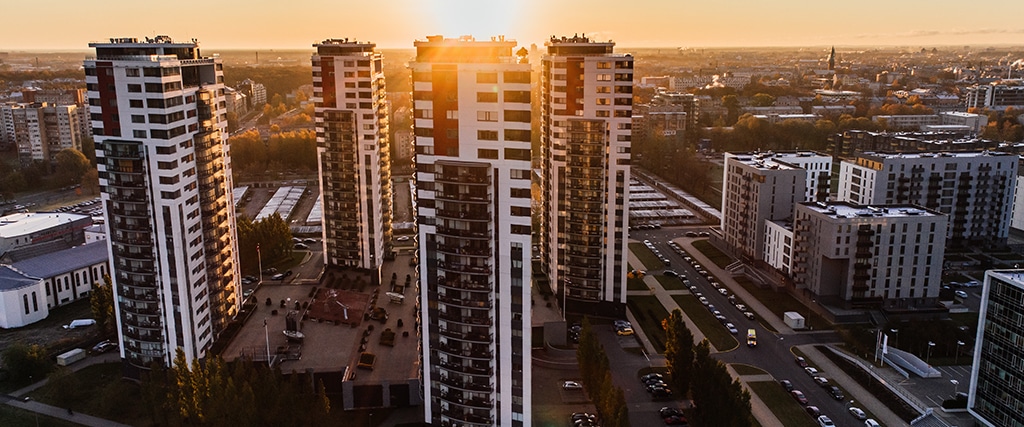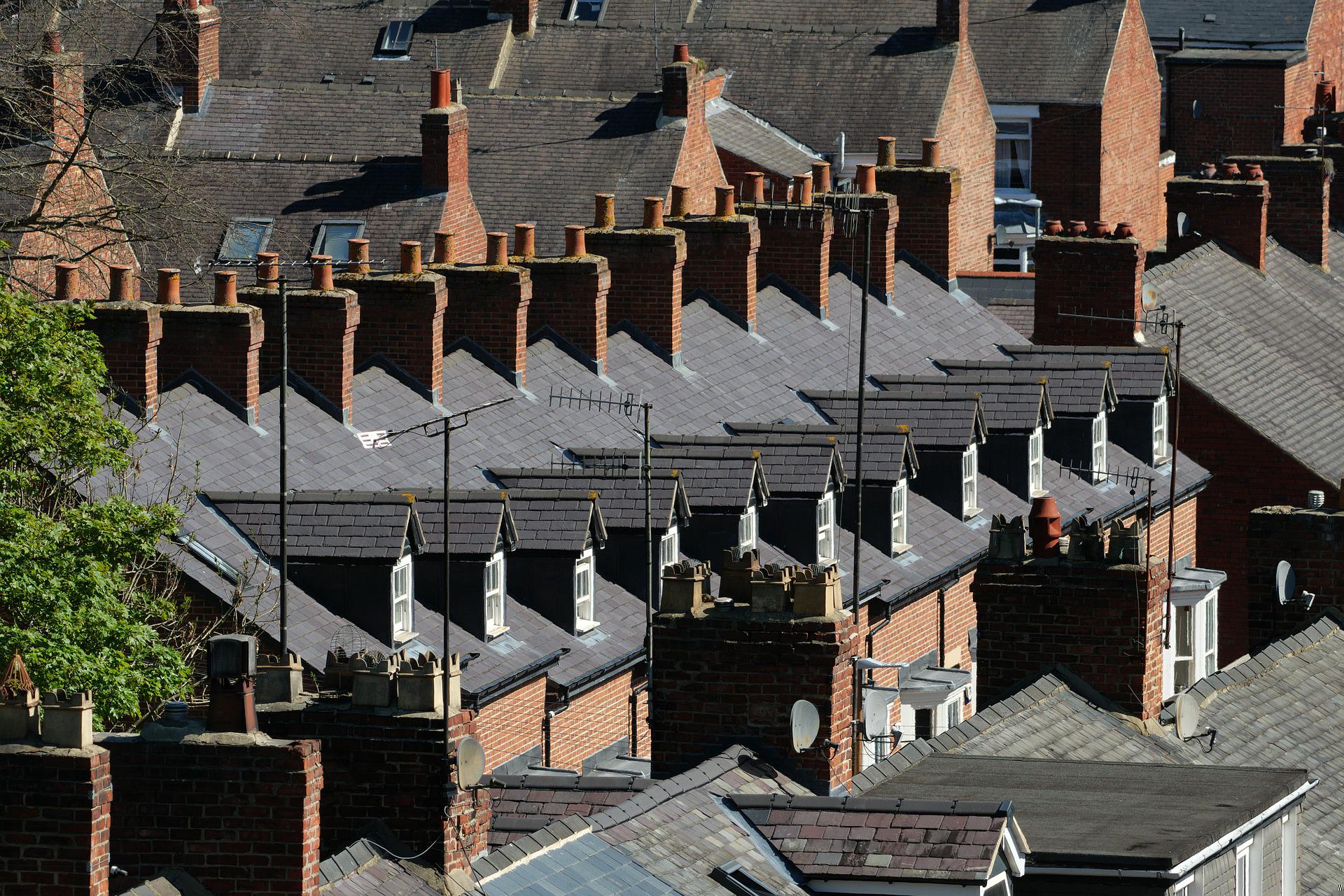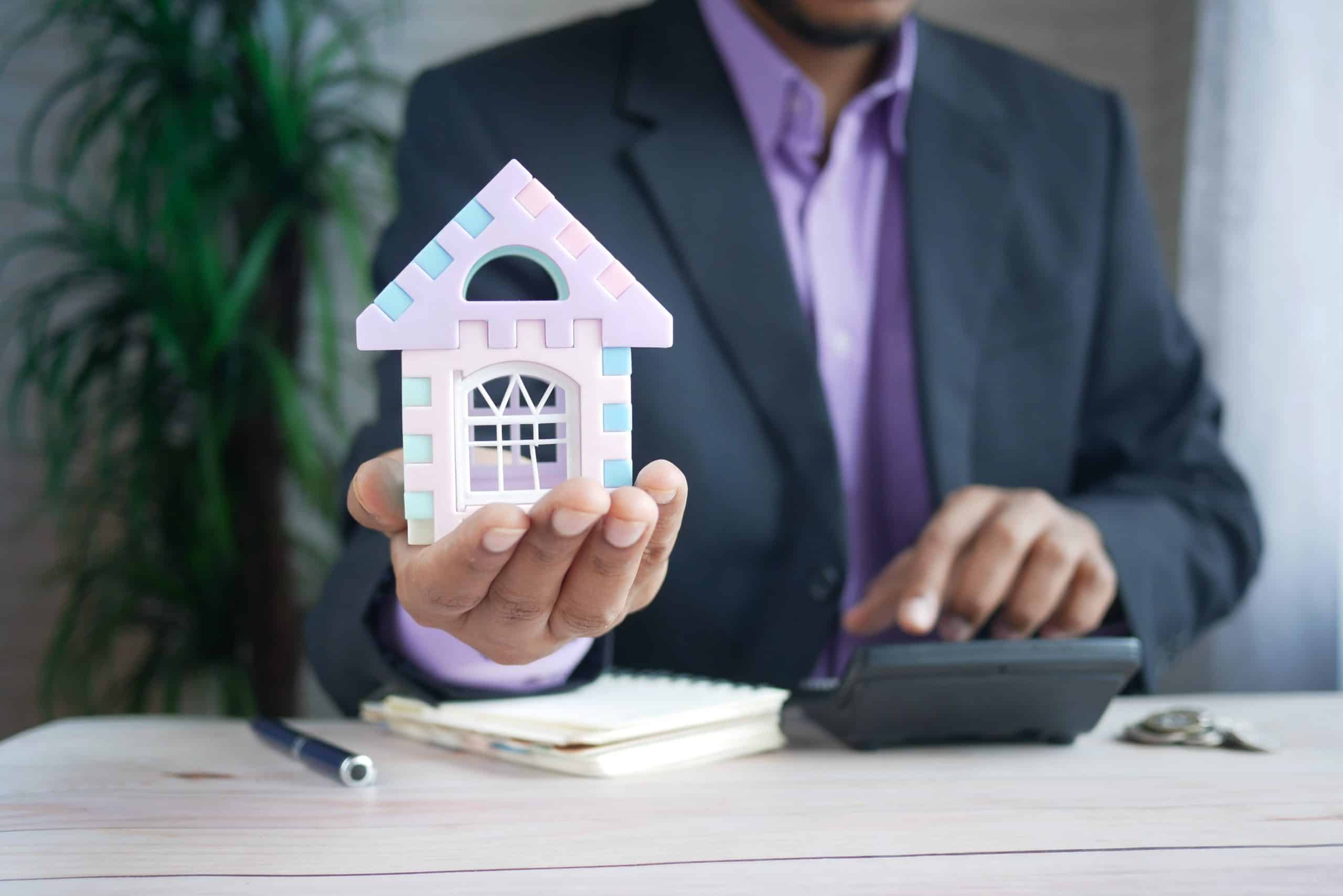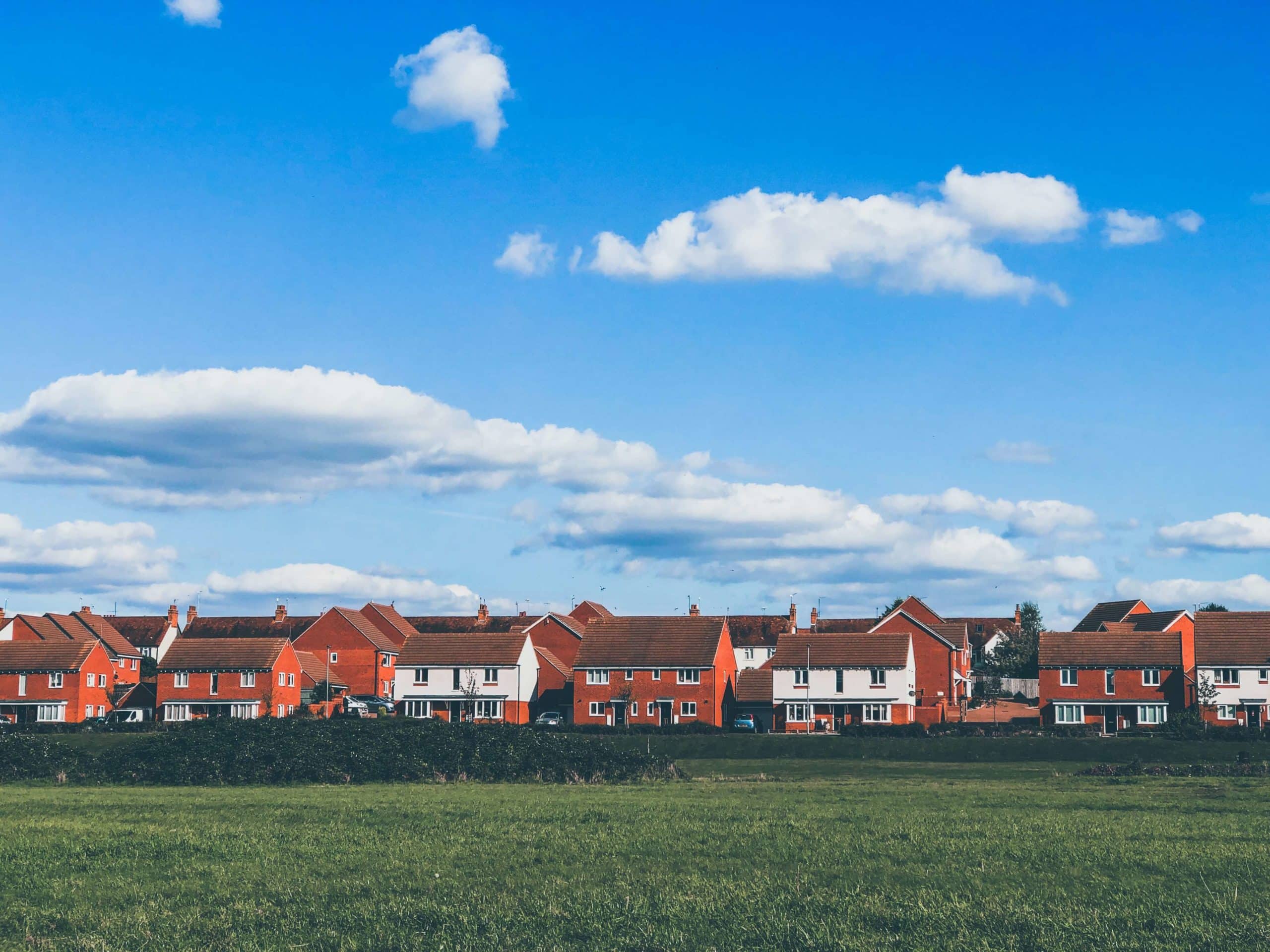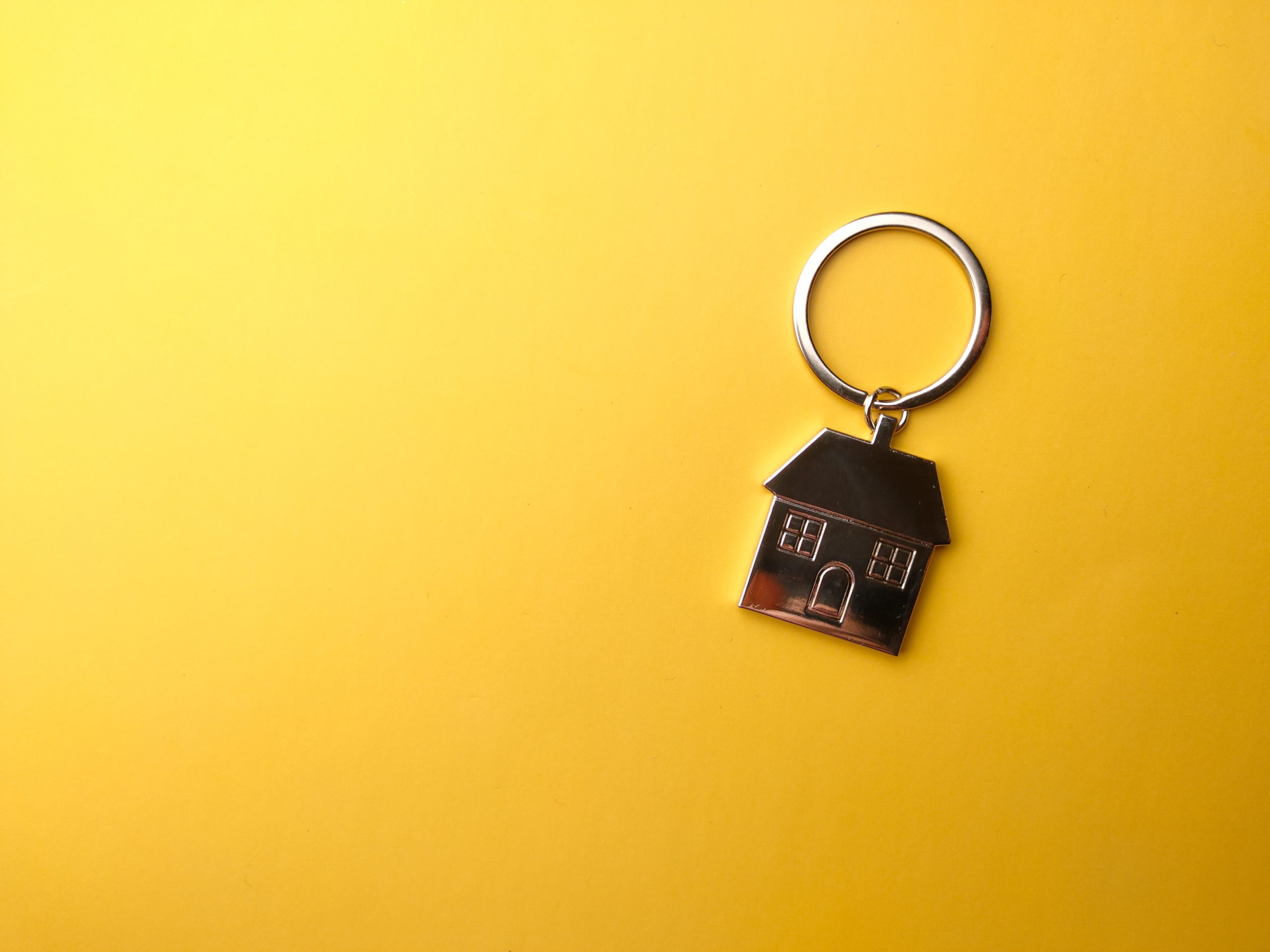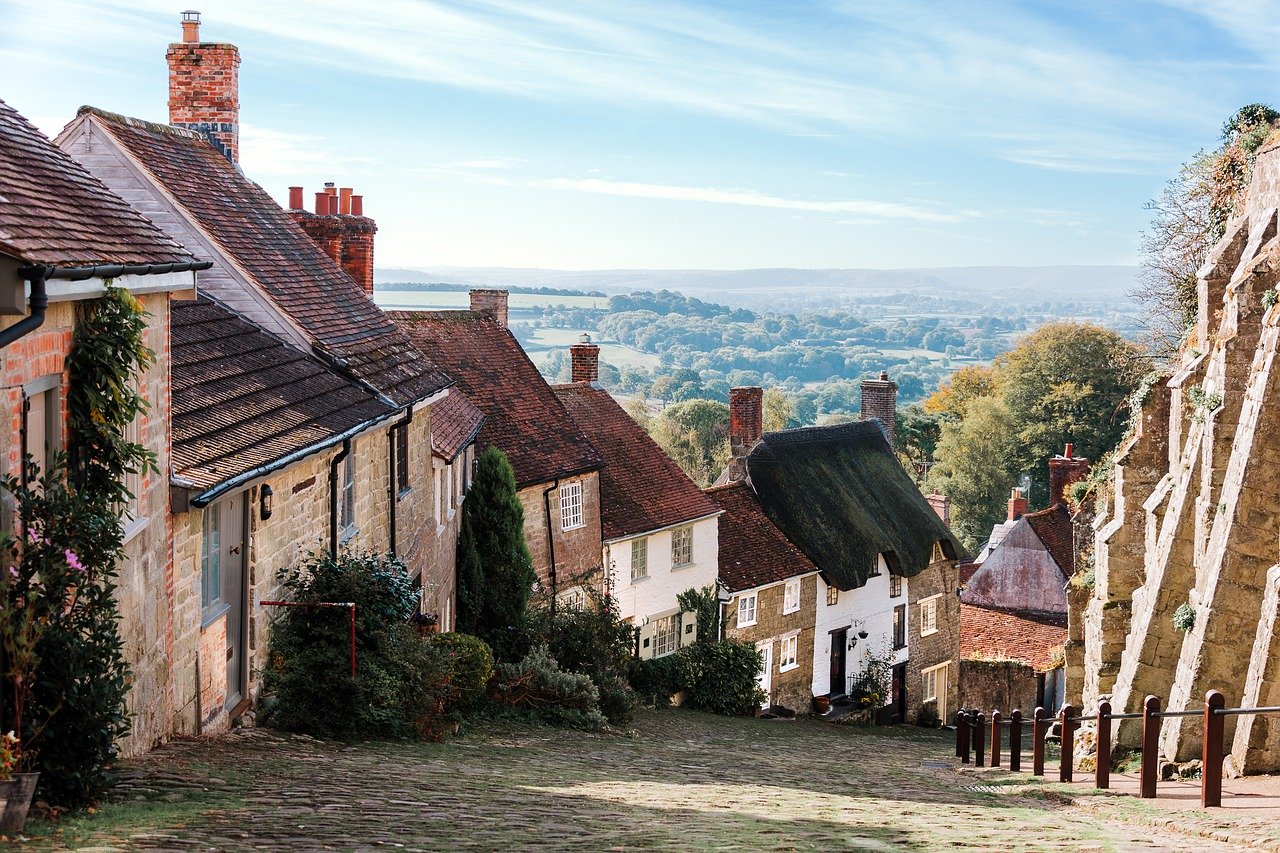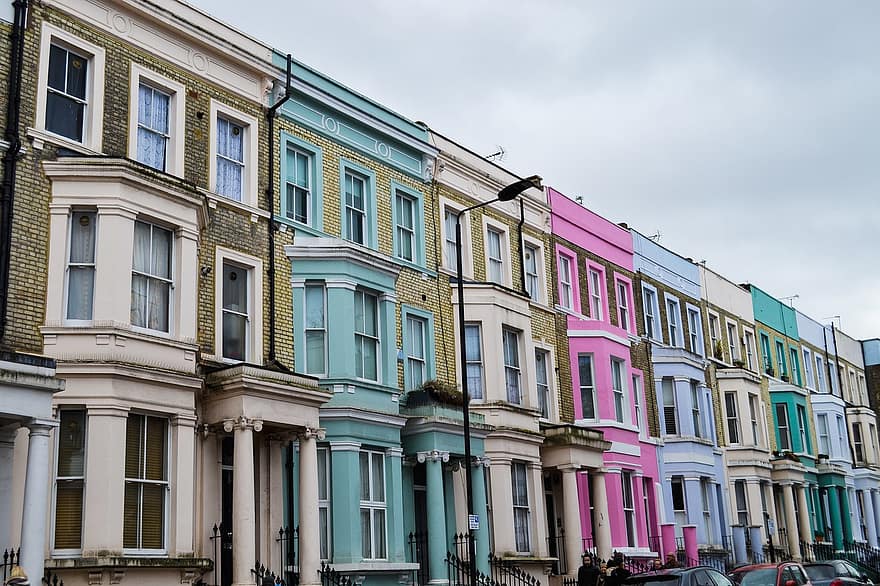Owning a home is a complicated business, not least because of the sea of jargon that can leave you scratching your head in confusion. We’ve made it our mission at We Buy Any Home to help to cut through the technical terminology and help you to have a better understanding of all aspects of the property market. In this post, we explore the differences between a leasehold and freehold and what they mean for you and your home.
What is a freehold?
Buying the freehold of a property means that you own the building and the land it sits on outright. This means that you are responsible for all of the area that is covered by the freehold (the boundary of this will be set out in the deeds of the house).
Most house sales involve buyers becoming freeholders, and doing so means that they:
- Don’t have to pay ground rent.
- Avoid dealing with a landlord.
- Don’t need to worry about when their lease will expire.

Can you buy the freehold of a flat?
Just because you live in a block of flats, it doesn’t mean that you can’t become a freeholder. Provided that at least half of the people within the block agree to buy a share, you can club together and buy the freehold from your landlord.
This might be expensive, but it can give you greater control over your property and makes it simpler to extend your lease to the maximum 999 years.
If tenants do club together to purchase a shared freehold, they will need to set up a company – known as forming a ‘Commonhold Association’ – or employ an agent to manage the property.
What is a leasehold property?
In contrast, by purchasing the leasehold you enter into an agreement in which you own a property for the length of the lease. This means that ownership of the property returns to the freeholder when the lease is up and that the land is owned by the landlord.
Leaseholders have to get permission from the freeholder if they wish to make certain alterations to their property (such as building work). On top of this they will pay service charges and ground rent.
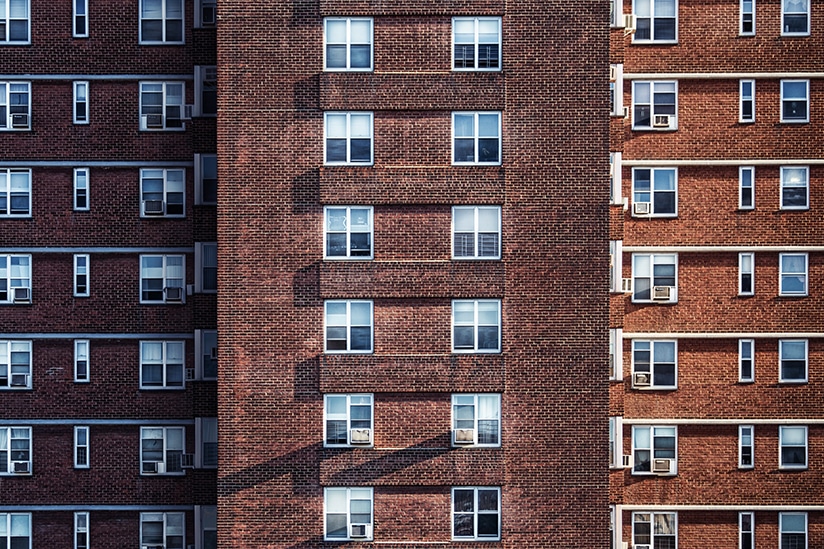
Leasehold length
As a lease nears its end, it vastly depreciates in value. For this reason, mortgage providers tend not to want to lend to people buying a short-term lease. As a rule of thumb, lenders normally want to see 30 years more on a lease than the length of the mortgage term (so 60 years for a 30 year mortgage, for example).
This can make it tough for people to sell a leasehold property and makes it vital for buyers to think about how long will be left on the lease when they move out, what impact this might have on the value of the property and how easy it will be to get a mortgage for this.
For this reason, many people choose to try to extend their lease. You are legally entitled to do this – and add 90 years to the lease – if you have lived in your property for two years or more. You will have to pay the freeholder to do this, however. This can either happen informally between the leaseholder and freeholder or can be a legal process conducted solely by solicitors (which adds further to the cost).
Service charges and ground rent
Not owning the land that your property sits on means that, as a leaseholder, you will have to pay service charges and ground rent. This ground rent is usually a nominal sum, often less than £100.
Service charges (called factoring charges in Scotland) could cover a range of things, such as:
- Utility bills for communal areas in a block of flats.
- Upkeep of communal gardens.
- Repairs and maintenance for exteriors.
- Management charges (for buildings that have a manned reception).
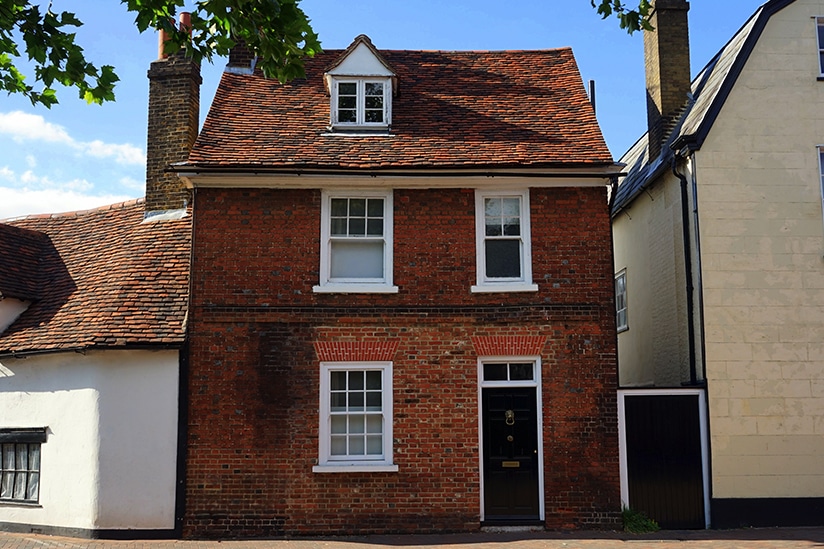
Leaseholder rights
While leaseholders don’t own the land that their property is on, they do still have rights. These include:
- The right to see a breakdown of what their service charges are spent on, including a copy of receipts and invoices.
- The right to be consulted on any building work that will take longer than a year cost more than £250 in total or cost the leaseholder more than £100.
- The right to be able to take over management of a building along with fellow leaseholders (known officially as the Right to Manage).
Is my house freehold or leasehold?
Regardless of the type of property you live in, you will be able to find out whether it is leasehold or freehold. Typically you will have discovered this during the buying process. However, if you have forgotten, you can go to the Land Registry website and search for an entry for your property. For a small fee, you should be able to get your hands on a copy of your title deeds which will dictate whether your property is leasehold or freehold.
Whether you’re a leaseholder or a freeholder, if you find yourself in a situation where you need to sell your house fast, We Buy Any Home is here to help. Fill in our simple form below and receive a free valuation of your property.
